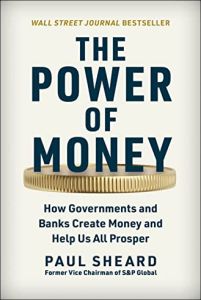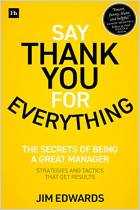The last few financial crises – and now the battle against inflation – have shown how questions about money and government’s control of it can be important and contentious. Economist Paul Sheard explains how the seemingly outlandish claims of Modern Monetary Theory are true to a degree, while at the same time showing how governments refrain from abusing their extraordinary power over fiat money creation. Along with Sheard’s practical reflections on inequality and taxes, the euro, cryptocurrencies and financial crises, this book contains most of what you need to know about “the power of money” today.
Commercial banks create new money when they advance loans.
In a modern economy, all money begins life in one of three ways: via commercial bank lending, government deficits and central bank open-market purchases. In normal times, most of the annual growth in money, which a growing economy requires, comes from commercial banks creating loans. The old-fashioned textbook model is that commercial banks attract people’s savings and then lend these funds to borrowers.
The reality is that banks don’t need deposits on their balance sheets before they can make a loan. Specific capital adequacy or reserve requirement regulations might constrain their lending, as will the judgment of their management as to their loans’ profitability and risks. Banks make loans based on these and other factors, and then the funds from those loans to individuals and businesses inevitably find their way back into the national banking system. This is because whatever the borrower spends the borrowed money on, someone else gets a payment to put in their bank account. In this way new loans create their own deposits for bank balance sheets. This ability...

















Comment on this summary